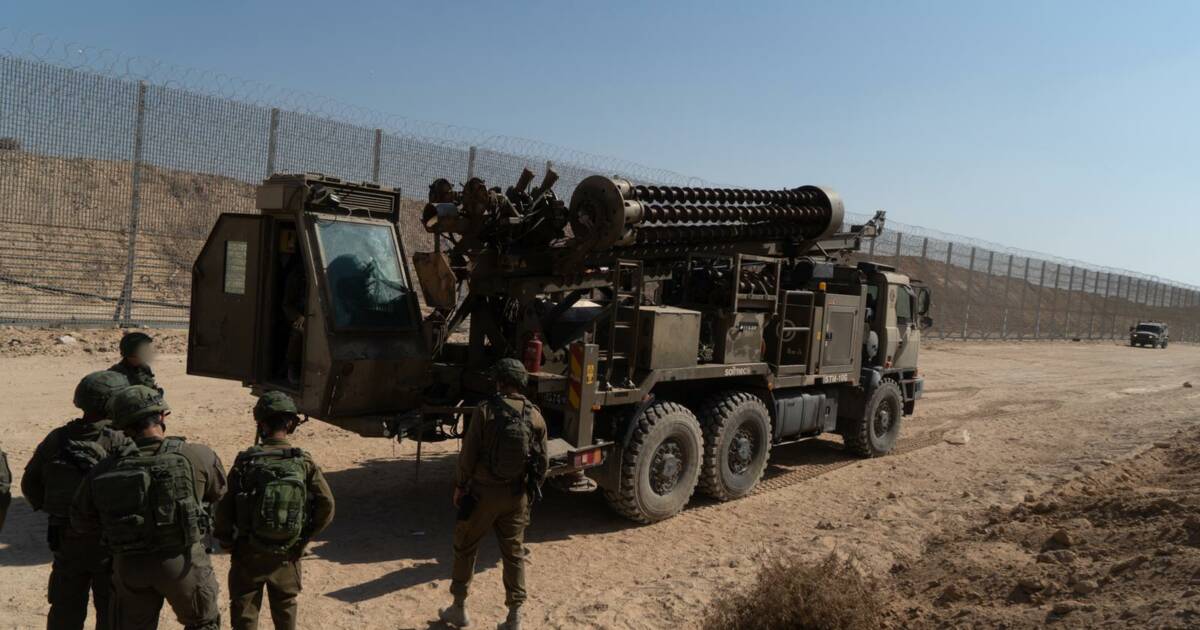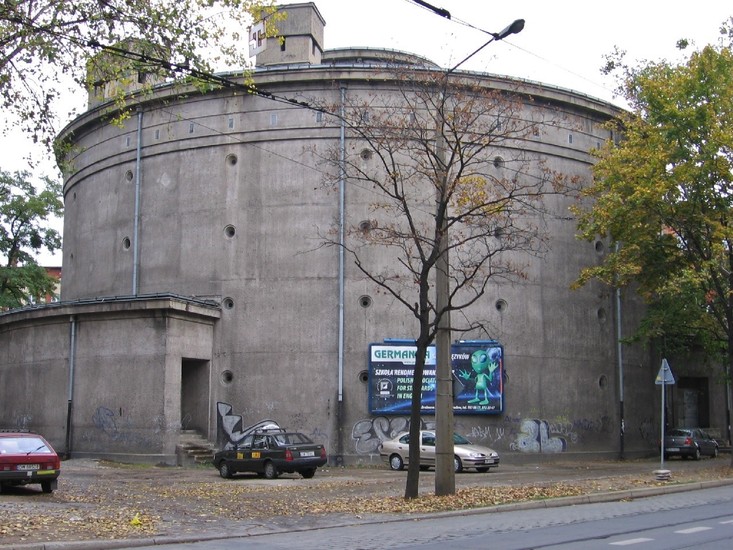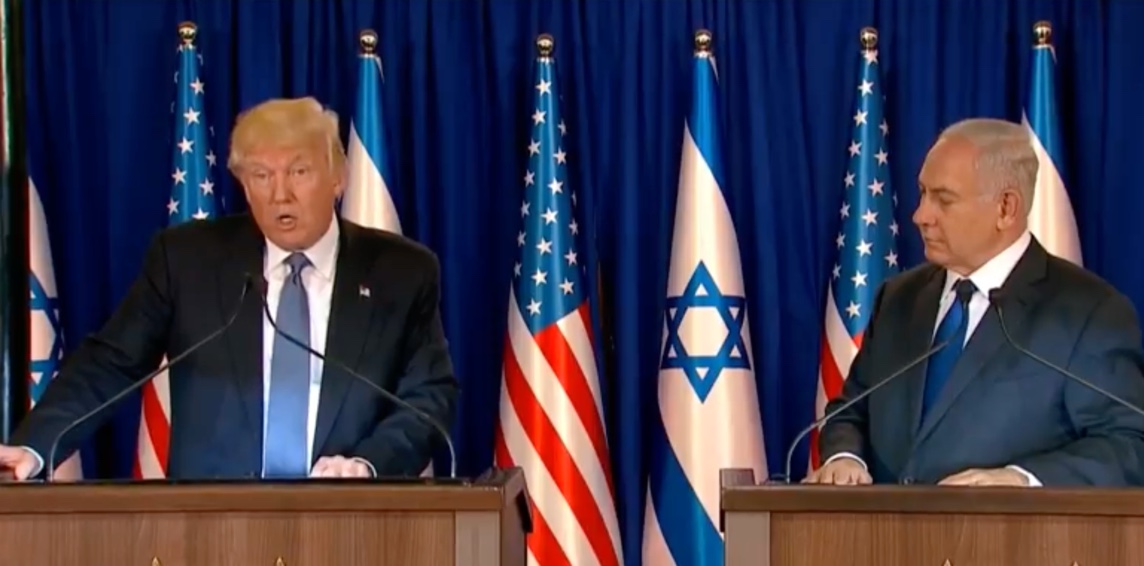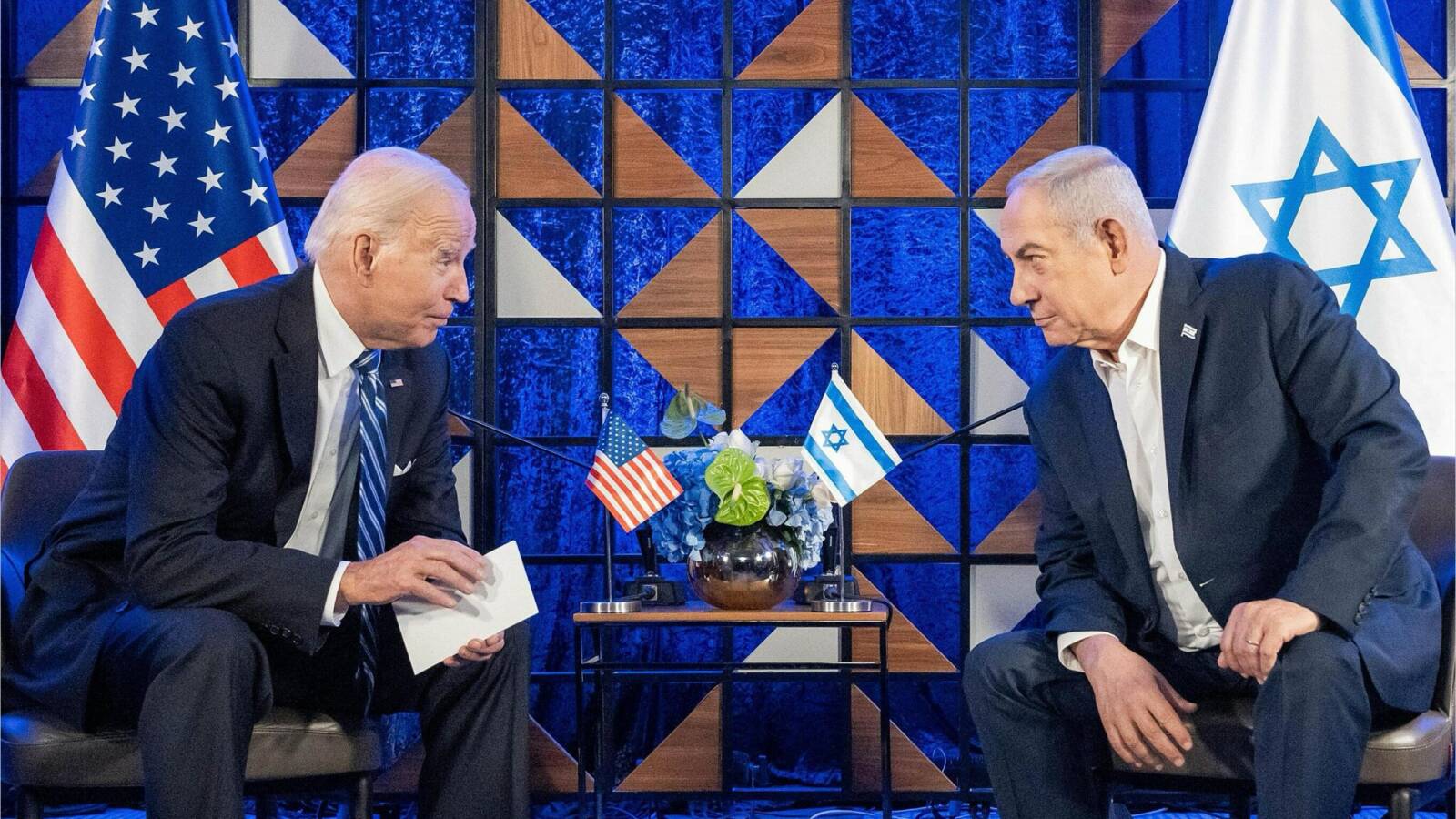I have never met an actual Nazi, though I have beheld an authentic German flag from WWII, complete with swastika. One of the the most horrific, stirring sites I’ve ever seen is in one of the myriad rooms at the United States Holocaust Memorial Museum of the Smithsonian. It was a display of desecrated Torahs. I am not sure why this twisted my guts so much—I was never a particularly observant Jew—but I know Jews consider the Torah a living person, and this struck to the heart of what the Nazis wanted. They didn’t just want a “final solution” to the Jews, they wanted to eradicate Jewishness from the world.
As a Jew, I have never felt unsafe. Growing up American, in the northeast, and later living for many years in Georgia, people have always been rather kind to me, though many consider me to be somewhat of a novelty, especially since I became a Jesus follower. I never got into that whole “Messianic” thing, or Jews for Jesus. There’s a rather large messianic synagogue in Macon, Georgia, complete with a rabbi, who preaches the Gospel with the same opinionated fervor that my (blessed be his memory) uncle Abe had talking about the government, or telling a raunchy joke. Just about all of the attendees at that congregation are gentiles, hungry for a “Jewish” experience.
Well here’s a Jewish experience.
In the world, there are people who want Jewishness eradicated. They want all Jews to go away (to where, I don’t know), and take their Jewish stuff with them, never to return. This is expressed in many ways: anti-Zionism is only one form of anti-semitism. As I wrote the other day, some Christians are caught up in “Replacement Theology” that paints the Jew as both irrelevant and an enemy of Christ (which is it?). Living with the knowledge that a not-insignificant number of people in the world have as one of their highest ideals to destroy me, my family, and my life (regardless of the fact that I believe in the New Testament) is a very Jewish experience. One that attending a messianic worship service won’t give a goy.
Part of the Jewish experience is the knowledge that Israel is a safe place for Jews. I have never known a world without Israel, but the aging population of those born before 1948 do. I can’t imagine the feeling of having nowhere safe to go. (It makes me more viscerally sympathetic to the fate of groups like Tibetans, Armenians, Roma, and Uigurs.)
Jews in Israel have a moral responsibility to exist—a service to generations who were persecuted—even when others feel that they shouldn’t. It’s difficult to see this objectively, being a Jew in America, where Jews remain an integrated minority with tremendous reach (American Jews are just beginning to flex over the current conflict). I was shaken by Mia Freedman’s piece on Substack, “What it doesn’t feel safe to say.” Freedman lives in Australia, where most of the inhabitants live in a crescent in the south-east coastal region.
“Like others in my community, I am fearful of becoming a target for anti-semitism that is so much more rife than most people would ever know,” she wrote. “Jewish people know.” It’s true. Any Jew over the age of 40 probably knows or has seen someone with the particular arm tattoo indicating that person’s status as a former concentration camp resident. Those who made it out alive from places designed to be literal factories of death tell the story “never again” more effectively than any history book. They are dwindling fast—in fact, the open letter from Holocaust survivors who volunteer at the USHMM was signed by only 33 names. More from Freedman:
If you aren’t Jewish, you probably wouldn’t realise that we always have security guards posted outside our synagogues. Everywhere in the world. Not just this week but every week. There are security teams posted outside every Jewish school. And every Jewish kindergarten.
Kindergartens. In Australia. With armed security guards to protect toddlers and babies. We live with that. We’ve never known it to be different.
When I grew up north of Boston, the shul didn’t have security (that small kid me knew about, at least). But north of Atlanta, the Chabad facility is surrounded by a strong, tall fence, a gate with electronic entry, and always has armed security in plain sight. This isn’t mere paranoia, as the victims of the Or L’Simcha synagogue shooting proves.
There are people in the world who wish Jews dead, and are fully prepared to act on their wishes. Every Jew knows this, and lives with it. Non-Jews can’t live that part of the experience of Jewishness.
I’m now going to turn that on its head.
Jews can’t live the part of the Palestinian experience. For three generations, individual average Palestinians exercised zero control over their lives and destiny. The place they live is not recognized as a state by the nation that surrounds it. The Arab states won’t recognize any historic emigration identity—a second or third generation Egyptian-Palestinian has no right to live in Egypt. Even the first generation emigrés to the Holy Land were not allowed to return to the countries of their birth following Israel’s war of independence, when they were expelled from their homes and consigned to refugee camps. Many of those camps still exist as a permanent testament to the cruelty of humans toward one another.
We can’t go back and fix what happened in the past. The current leaders of Hamas don’t live in Gaza. Ismail Haniyeh was born in Gaza but lives in luxury in Doha, Qatar. From this explainer on website WION.
First off, Haniyeh is quite rich. Reports suggest that it comes from the 20 per cent tax charged on all things entering through burrows from Egypt to the Gaza Strip. Haniyeh, as of now, is leading an extravagant way of life in Qatar, which many reports say is lending its support to Hamas.
Haniyeh lives just miles from about 11,000 American service members who man the largest U.S. military base in the Middle East. Qatar’s money and relationships with the powerful American defense industry keep both the U.S. and Hamas’s leader quite happy, while spectators pour in to watch the F1 race as if the world is not altered.
If the U.S. had the political will to do it, it’s not a difficult mission for special forces to go and get Haniyeh and deliver him to Jerusalem. Of course that would be a provocation and have its own consequences. It’s the policy of the Biden administration to take a middle road on world conflicts—we support our allies while keeping our probability of boots on the ground to a minimum. Grabbing the head of Hamas from a friendly Arab country would violate Biden’s guardrails. I still think we should do it. You’d see how fast the hostages would be freed in exchange for Haniyeh (or we’d have a martyr, which would be incalculably worse).
Hamas either believes it can ignite a worldwide uprising against Israel that would result in the elimination of the Jewish state (magical thinking!), or that it can enhance its own position in the power calculus to represent all Palestinians, thereby removing the PLO from its position in the West Bank. The second possibility is a more cynical political reading of Hamas’ intentions.
Both situations ignore a fact that Palestinian leadership won’t accept. Israel isn’t going away because it is not an invader from somewhere else. There is nowhere else. One of the more relevant stories to apply today is David Frum’s 2021 retelling of North Vietnamese General Vo Nguyen Giap advice on the multiple occasions he was visited by Palestinian representatives.
The “French went back to France and the Americans to America. But the Jews have nowhere to go. You will not expel them,” Giap allegedly said (this has been reported many places). It’s true. There is no way to expel a people who didn’t arrive from their own place where they can return.

The same principle works in reverse. The Palestinians have nowhere to go. They are not going to return to the nations of their grandparents or ancestors. They are going to live in the land where they were born and grew up.
This means that both sides only have one option in dealing with the other, if they can’t figure out how to live together. One side has to kill the other and subjugate them. For 75 years, the Israelis have tried to alternately live with the Palestinians and the Gazans in particular, and bottle them up in camps and fenced-in ghettoes. Living with Hamas is impossible while Hamas has as its founding principle the destruction of Israel and the removal of Jews “from the river to the sea.” So now, Israel sees its only option as the destruction—i.e. killing—of Hamas.
Some Palestinian activists and allies, who remain in possession of their right minds without emotional distortion zones that allow the justification of baby-killing, understand the problem. Reading Sam Kriss’ essay “But not like this” was difficult, because Kriss and I don’t agree on the history or the morality of the current situation. Kriss systematically dismantled the worst arguments justifying the unbridled brutality displayed by Hamas.
Do you really not see who you are helping when you position Palestinians as mindless savages who can’t be held responsible for their own actions? I have not, it’s true, lived under siege for eighteen years; maybe my perspective is limited. But I still think it’s possible to drive past some old people waiting at a bus stop and not kill them on sight. I think it’s possible to not execute parents in front of their children. In fact, I know it’s possible, because there were plenty of Hamas fighters who didn’t do it. Some filmed themselves with women or disabled or elderly people in their homes, promising not to harm them. They insisted that the Izz ad-Din al-Qassam Brigades do not murder children, which is completely untrue, but it’s hopeful. Afterwards, an Israeli woman told the TV news that the Hamas fighters in her home had told her ‘don’t be afraid, we are Muslims,’ and asked permission before eating one of her bananas. How do you explain these people? They lived in the same city under the same siege; they lived through the same Israeli bombings as the ones who happily took their revenge. Could it be that whatever our condition, and whatever evils are visited on us, we are all answerable for the deeds of our hands?
Should the acts of the monsters condemn the whole population of Gaza to death by bombing, being used as human shields to protect those who perpetrated the monstrous acts, by starvation and disease?
The moral answer is “no.” But the Hamas leaders can’t afford to go after their own monsters. Israel is similarly constrained but expends many orders of magnitude more control and restraint over its own troops. Though there were allegations of war crimes in the last big Israeli incursion into Gaza, Israeli officials found no basis for prosecution.
Nobody has any reason to believe that Israel will find any basis for such allegations when it launches its current assault “from the air, sea and land.” That doesn’t mean no Israeli forces—up to 100,000 troops—would do things that violate the laws of war. In fact, going in to Gaza from the north, after warning a million Gazans to flee, without opening a humanitarian corridor in the 140-square mile sliver of land (that’s only slightly larger than the city of Atlanta), is considered by many to be a war crime in itself. Where are the civilians going to go?
But letting them out means more peril from the monsters who would certainly infiltrate Israeli cities and commit more unspeakable atrocities. Egypt doesn’t want such people, and has kept its border crossing in the south closed. (Plus, there’s no reason to ever think most who flee Gaza to Egypt would be eager to return.)
All Israel can accomplish in its full-scale invasion of Gaza is more death. Death for Palestinians, whether they are monsters or not, and death for its own troops who perish in the attack. Arguing over the ratio of who died more is both ghoulish and foolish. Yet that’s where the media butters its bread.
Kriss’s words to Palestinian activists and allies pierce the heart, and also apply to those who support Israel.
In the end, I think all these lines are doing the same thing. They’re a series of mental tricks that allow those who know that murdering defenceless people is wrong to pretend that sometimes murdering defenceless people is fine. Your stomach turns, the way mine does, at the thought of pointing a gun on someone who poses no threat to you and suddenly ending their life. But you know that this is being done in the name of liberation, which means you have to be seen to support it. And so to smooth over the gap, you produce this bullshit. You produce evasive bullshit about the misdeeds of the other side or the priorities of other people. You produce intimidatory bullshit about how your own conscience is politically irrelevant. You produce the utterly shameful mystifying Fanonian bullshit about the violence of the oppressed, how much nobler and more defensible it is than the violence of the oppressor. And yes, there is a history and a context here, but violence is violence is violence. What actually face each other are not oppressor and oppressed, or coloniser and colonised, or even Israel and Palestine. It’s not a context or a history. It’s a person with a gun pointing it at a person without a gun, and killing them. And that’s what you’re trying to forget.
Palestinians and Israelis will have to learn to live with each other, and to do so without killing each other, especially the most defenseless within each population, in an ever expanding blood feud. To do that, someone has to break the cycle.
I think this is Israel’s responsibility. Perhaps instead of going in, Israel doesn’t. Certainly, avenging the dead and protecting the living are super important. But there’s plenty of time to do that. Making ever-growing piles of bodies to be avenged won’t fix it. One thing Israel could do is offer to supply fuel for hospital generators, and food for babies and children. And then wait. Yes, some people would suffer, some would die, and some would starve. But it would not be at Israel’s hand, it would be at Hamas’. Israel could offer to restore more services if Hamas agreed to release hostages, stop the rockets, and recognize its cohabitatant in the land, even if it refuses to recognize Israel as a legal state.
Hamas might (probably would) choose death over such conditions, because I believe at heart, Hamas is a death cult. But Gazans wouldn’t willingly go along with the Kool Aid drinkers that would wish a Jonestown mass suicide on all of Gaza. Israel, sitting on the border with overwhelming force, could just stare down its enemy, waiting for those who wish to live to rid themselves of the death cult, or for the death cult to accomplish its purpose with their own hands, not Israeli hands. Further attempts at rocket barrages and infiltrations would be met with counterforce, but no invasion.
Like in the 1991 Operation Desert Storm, Israel could exercise restraint, though it has been pummeled. Sit and wait.
This takes strength, because vengeance and avenging the dead seems like an irresistible call of justice. True justice is ending the cycle of death. Hamas only wants more death. Though it’s unlikely this will happen, I pray that Israel will decide not to give Hamas what they want—and what they deserve—because the moral thing to do is not to visit the punishment of the guilty upon the innocent.
That’s what Hamas would do.
If you felt this post was worthy of your time, pease share.
Follow Steve on Twitter @stevengberman.
The First TV contributor network is a place for vibrant thought and ideas. Opinions expressed here do not necessarily reflect those of The First or The First TV. We want to foster dialogue, create conversation, and debate ideas. See something you like or don’t like? Reach out to the author or to us at ideas@thefirsttv.com.







